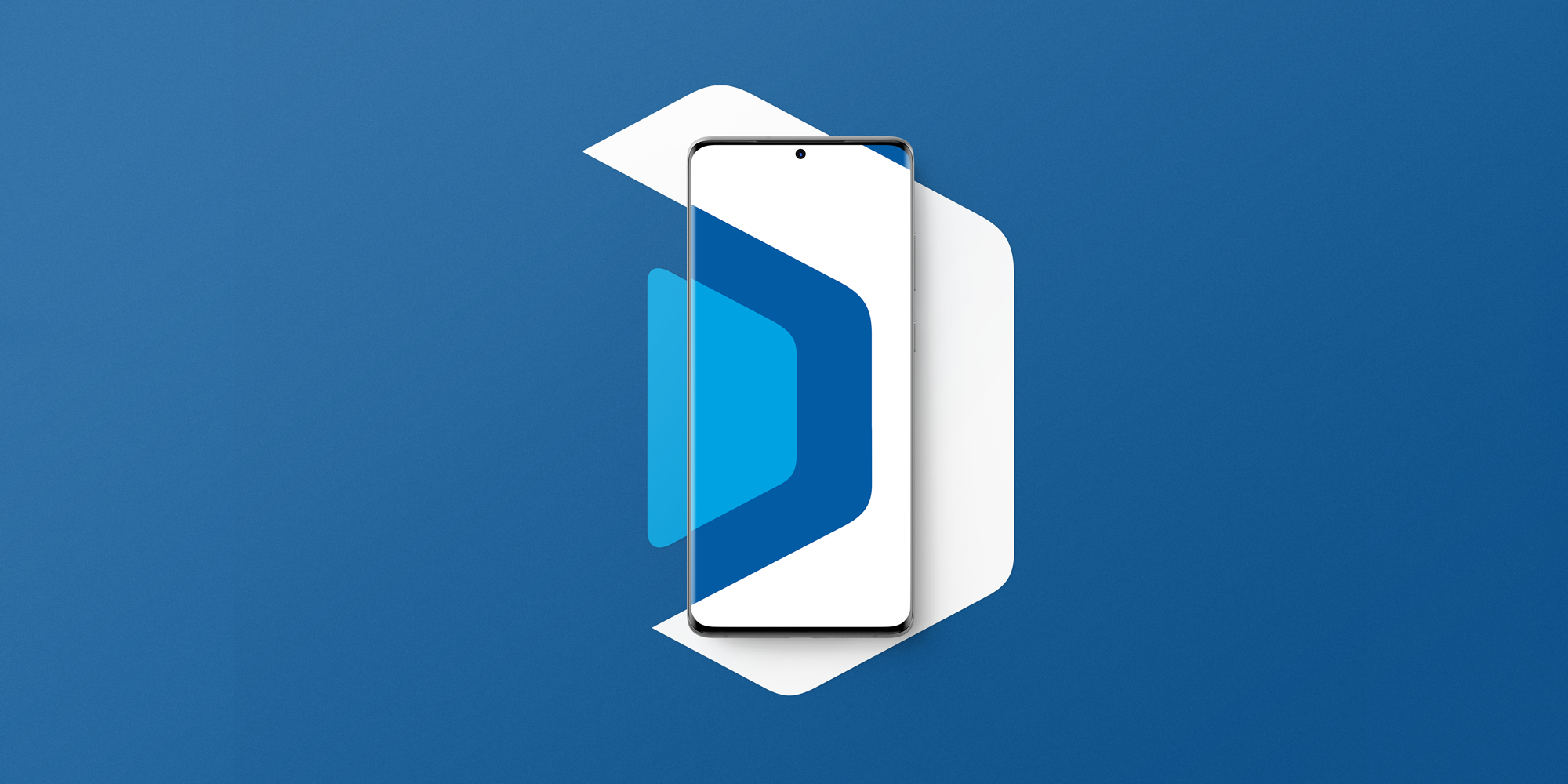Update: Learn more about the latest version of DexGuard. Read more about it here.
The mobile app threat landscape is always changing, and Guardsquare is dedicated to continuous security improvements and updates to meet these challenges. Today Guardsquare released updates to DexGuard, our proprietary product for Android app security. This release includes support and integration for mobile games built on Unity, as well as enhancements for Guardsquare’s security features.
Guardsquare Offers Unity Support
*June 23rd, 2021 Update: Guardsquare Becomes the First Mobile Application Security Platform to Join Unity’s Verified Solutions Partner Program. Learn how Guardsquare protects Unity mobile games from cheaters
According to Unity, over half of new mobile games are built on Unity, and over 60 percent of VR/AR content also uses the platform. Users all over the world rely on Unity-built games for entertainment, and developers love the platform for its “develop once, deploy multiple times” approach for iOS and Android games.
However, like any unprotected mobile app, mobile games without security protections built in are vulnerable to piracy by hackers looking for personal and financial gain.
By targeting unprotected mobile game code, hackers can:
-
Bypass license checks and in-app purchase checks to access premium content for free
-
Build or distribute tweaks or modified apps, giving unpaid access to others
Sometimes these hackers are professionals with malicious intentions, and sometimes they’re solo players who see security as a challenge and want to “beat the system.” In both of these cases, exploitation of unsecured code can result in lost revenue and damaged reputations.
That lost revenue can really add up according to App Annie’s 2020 State of Mobile report, mobile gaming is estimated to hit a cross-platform grand total of $100B in revenue this year. Even a fraction of that total can equal major losses for game studios.
In addition to lost revenue, game developers need to think about reputation. Players expect to have fun and compete on merit not tricks. When individual gamers cheat, it can cause honest players to lose trust in both the game and the game maker. A full 77% of players say they’ll give up on playing a game if they think competitors are cheating.
For this reason, Guardsquare now offers built-in support for the Unity platform within our DexGuard product for secure Android development.
Key features of Guardsquare’s Unity support in DexGuard include
-
Code Hardening and Runtime Application Self-Protection (RASP): With this update, DexGuard’s existing security features apply to Unity mobile apps, including DexGuard’s code hardening features, such as name obfuscation and class encryption, and RASP mechanisms, such as root detection and hook detection. The combination of code hardening and RASP effectively protects against static and dynamic analysis, as well as runtime attacks.
-
Unity Metadata Obfuscation: In addition to its tried-and-true code hardening and RASP security techniques, DexGuard provides specific obfuscation techniques for Unity metadata to prevent leakage of critical data. (Stay tuned, as we’ll be sharing more detailed technical information here in the coming weeks.)
As with all Guardsquare products, our hallmark is minimal complexity and drag on the app. Game developers can easily integrate DexGuard into Unity development to create an exceptional, responsive, and secure gaming experience.
Kotlin Metadata Obfuscation
With Guardsquare's updates, developers can now make use of Kotlin’s innovative capabilities without the risk of exposing critical information.
What is at risk? Kotlin’s compiler injects code and metadata into the classes it generates to support advanced Kotlin features. The challenge is that this injected metadata exposes a complete representation of the original Kotlin classes.
Unlike other obfuscators, which completely remove the metadata, DexGuard now processes Kotlin metadata alongside the rest of the code and hardens it using advanced obfuscation techniques. With DexGuard’s code hardening for Kotlin metadata, app developers can have peace-of-mind that their code is protected from prying eyes.
Additional Features & Optimizations
In addition to Unity support, Guardsquare has enhanced DexGuard with the following features and code optimizations:
-
Debug Blocker: DexGuard now includes improved debugger prevention and detection to keep unauthorized parties from using debugging tools to gain insight into the functioning of your applications.
-
Performance Improvements for Optimization: We’ve enhanced the general performance of optimizations performed by DexGuard, which significantly reduces the time needed to process large applications.
-
Android Gradle Plugin 3.6 Compatibility: DexGuard now supports Android Gradle Plugin 3.6. DexGuard continues to support new Gradle versions on an ongoing basis.
We’ve also enhanced our iOS solution, iXGuard, with Unity support and additional features. If you’re an iXGuard user, read through our blog post to learn more about these changes.
Interested in learning more about our new DexGuard updates? Visit our updated product page to read more details. Or, if you’re looking to integrate DexGuard into your app development process, reach out for a demo and discussion.






